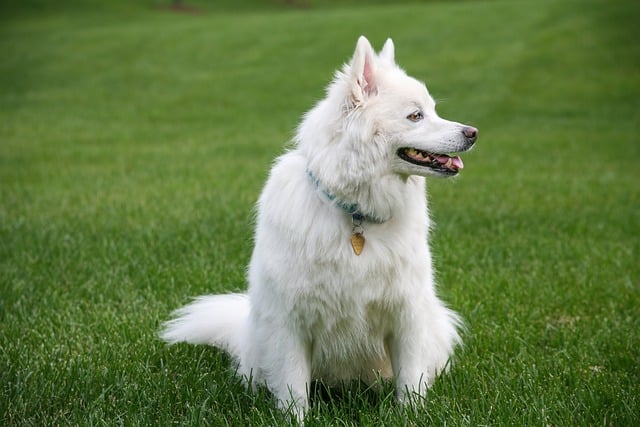
What is glaucoma in a dog?
You might notice your dog squinting more at mealtime or avoiding bright sunlight—these small changes could be early signs of a serious eye condition.
Samoyeds, with their snow-white coats and perpetual smiles, are hard not to adore—but like any breed, they come with unique health quirks every owner should know. These energetic, friendly dogs thrive on companionship, but their genetics can make them prone to certain conditions that need early attention. Staying ahead of these issues isn’t just about keeping them comfortable; it’s key to ensuring those wagging tails stay active for years.
Hip dysplasia tops the list for many larger breeds, and Samoyeds are no exception. This condition, where the hip joint doesn’t form properly, can lead to pain or arthritis down the line. It’s why choosing a breeder who screens their dogs with X-rays matters—reputable ones will share those results upfront. As your pup grows, watch for signs like reluctance to climb stairs or a slight limp after chasing a squirrel in the park. Regular vet checkups, especially as they hit 1–2 years old, can catch early signs, making management with medication or therapy far more effective.
 Their thick double coats are stunning, but they’re also magnets for skin troubles. Dryness, hot spots, or allergies (to grass, dust, even certain foods) can turn that fluffy exterior into a source of discomfort. Bathing too often strips their natural oils, so stick to a gentle, hypoallergenic shampoo and limit washes to when they’re truly dirty. Brushing 2–3 times a week not only keeps shedding under control (a must for anyone who owns a black couch) but also lets you spot redness or bumps early. If they start scratching nonstop, a vet can rule out mites or infections—something local regulations often tie to responsible pet ownership.
Their thick double coats are stunning, but they’re also magnets for skin troubles. Dryness, hot spots, or allergies (to grass, dust, even certain foods) can turn that fluffy exterior into a source of discomfort. Bathing too often strips their natural oils, so stick to a gentle, hypoallergenic shampoo and limit washes to when they’re truly dirty. Brushing 2–3 times a week not only keeps shedding under control (a must for anyone who owns a black couch) but also lets you spot redness or bumps early. If they start scratching nonstop, a vet can rule out mites or infections—something local regulations often tie to responsible pet ownership.
Eye issues deserve careful watch, too. Samoyeds can inherit conditions like progressive retinal atrophy or cataracts, which can dim their vision over time. Puppies should have their eyes checked by a vet by 12 weeks, and annual exams as adults can catch changes before they progress. Keep an eye out for cloudiness, excessive tearing, or squinting—signs that it’s time to schedule a visit. Many areas require pets to be up-to-date on wellness checks, and catching eye problems early avoids bigger, costlier issues later.
Dental care is easy to overlook, but those pearly whites need love too. Samoyeds are prone to tartar buildup, which can lead to gum disease and even tooth loss. Start brushing their teeth with a dog-specific paste when they’re young—make it a game, pairing it with a treat afterward. Chew toys designed to clean teeth (avoid anything too hard that could crack enamel) help between brushings. A vet dental cleaning once a year, as part of their routine checkup, keeps their mouth healthy—and ensures those happy grins stay bright.
Remember, every Samoyed is different. What matters most is staying observant, sticking to regular vet visits (and keeping those records handy, as some local laws require), and loving them through the small hiccups. With a little proactive care, those sunny dispositions and boundless energy will shine for years to come.

You might notice your dog squinting more at mealtime or avoiding bright sunlight—these small changes could be early signs of a serious eye condition.

Let’s set the scene: It’s a sweltering Phoenix afternoon—105°F outside—and you rushed your 2-year-old Lab mix, Cooper, on a quick walk to “get it over with.”

Let’s get real: You’re in your Miami apartment, watching your 3-year-old Corgi, Loki, struggle to climb the stairs to your second-floor unit.

Many dog owners brush off occasional scratching as just “dog behavior,” but persistent itching often signals something more—like a food allergy.

You might first notice your dog scratching more than usual—chewing at their paws until the fur looks thin, or rubbing their face against the couch nonstop.

Let’s be real: You’re standing in your Chicago apartment, watching your 3-year-old Beagle, Max, huff and puff just to climb onto the couch.